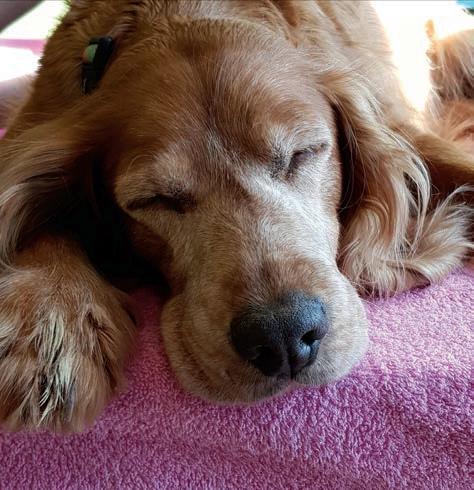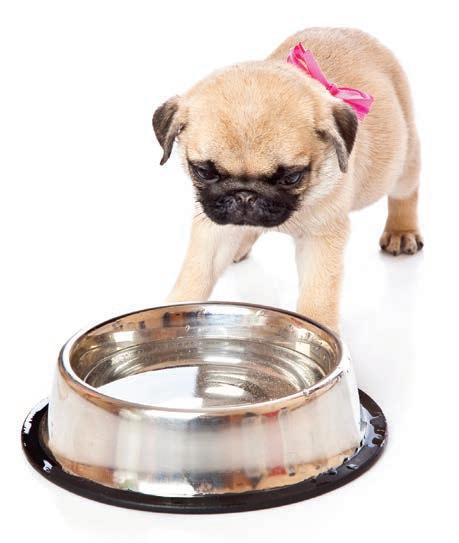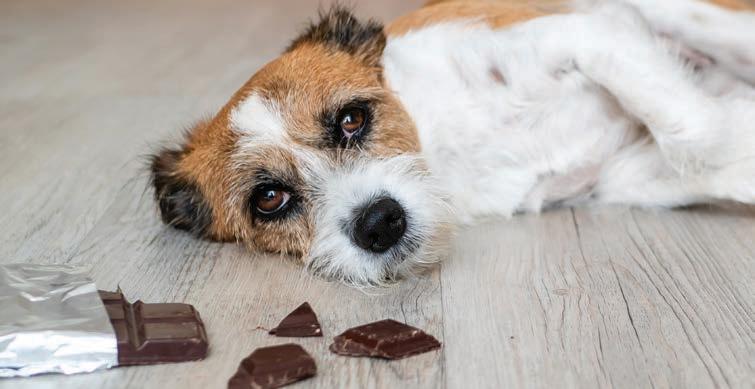
1 minute read
OLD PETS NEED EXTRA LOVE—AND MAYBE A RAMP
According to the American Veterinary Medical Association, pets of an advanced age need a little extra attention. Here are six ways to keep your older pets healthy and happy.
1 Older pets need to visit the vet twice a year for checkups, because senior pets have a greater chance of developing health issues. Too often, the warning signs of a health issue only become obvious when it’s too late, so regular bloodwork and doctors checkups are crucial.
2 Older pets need to eat more easily digestible foods. Softer foods might be necessary or using a brand that specializes in kidney, weight-control, or joint health. Ask your vet what they recommend.
3 Older pets need regular daily exercise, even if you have to force them. Pets benefit from staying active and moving around. Exercise helps them control their weight, improve circulation, and preserve muscle/ bone mass. Staying active will keep their joints happy, too, and improve their moods.
4 Older pets may require home adaptations such as ramps to get in and out of beds or cars, a litter box with a low entryway, raised food/ water dishes, and padded orthopedic beds. There is a long list of supplies available to meet their needs.
5 Senior pets can show signs of cognitive aging, so challenging them with tasks or games will keep them mentally sharp.
6 Finally, pets that are not neutered or spayed are at a higher risk for breast, testicular, or prostate cancer.
Be Aware Of Pet Heat Stroke
This summer is shaping up to be a hot one— much hotter than last year—so it is important that you and your furry friends are prepared! Pets can have a heatstroke, too, which happens when your pet’s body temperature rises above the normal range of 100 to 102.2 degrees.
Since our pets have very few sweat glands, they can’t cool off like humans can through sweating. They sweat from their feet and cool down by panting, so they overheat more easily than we do. Even though we may be ok, they might not be.


Watch out for excessive panting, drooling, and difficulty breathing. Vomiting, dry gums, disinterest in food, sunken eyes, general weakness, and sudden incoordination are all signs that your pet has overdone it outside and needs some cooling assistance. They may be too happy playing to realize that they need to stop.
During these hot summer months, it is always important for your pets to have access to fresh, clean water. Kiddie pools, ice cubes, ice packs, frozen treats, fans, and sprinklers are great ways to keep your pets from overheating outside. Like kids, they need us to keep an eye on them and be on the lookout for signs that they are overdoing it.































